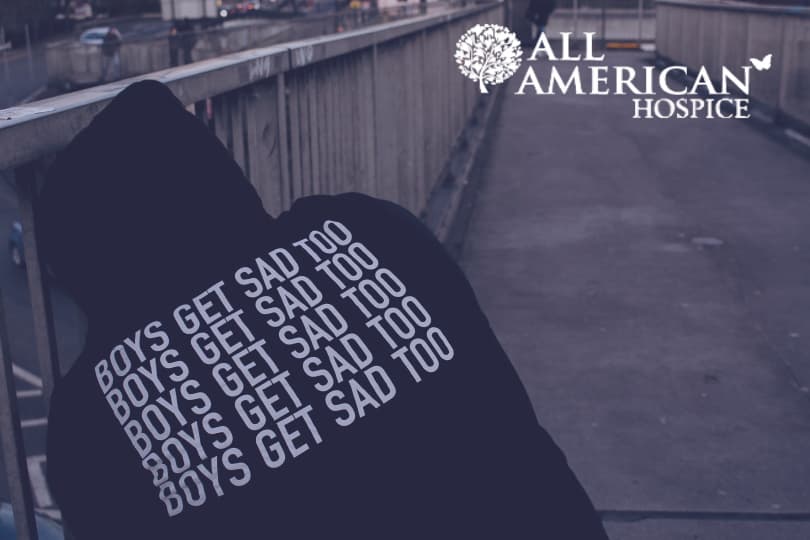Table of Contents

Everything You Need To Know About the Symptoms of Kidney Failure
When someone starts exhibiting symptoms of kidney failure, it usually means that the last stages of chronic kidney disease have been reached. This is a dangerous thing to experience, both as a patient and a loved one. In this article, we hope to enlighten you on the many causes of kidney failure, as well as its symptoms.
What Are the Causes of Kidney Failure?
Kidney failure doesn’t happen overnight. It is a slow process, taking place bit by bit over months and years. In almost every case, what causes kidney failure is usually some other health issue affecting the kidney. When these things add up, they lead to chronic kidney disease. The more the damage advances, the less and less your kidneys are able to do their jobs.
What can cause damage to your kidneys? Take a look:
- The biggest cause of kidney disease in human beings is diabetes. Diabetes affects the kidneys in the very worst ways.
- High blood pressure is the next most major among kidney failure causes.
- Autoimmune diseases like lupus or IgA nephropathy lower the body’s and kidneys’ ability to ward off and deter other harmful effects.
- Genetic diseases like polycystic kidney disease are things there is no protection from as patients are born with them.
- Urinary tract problems can result in massive damage to the kidneys because that is the main job of the organs – flushing out waste. If the body is unable to do so, it will make things worse for the kidneys immeasurably.
However, while kidney failure does take a long time to build up to, certain serious conditions can completely bypass that and cause a failure within days. These causes include:
- A massive heart attack can cause immediate organ failure, and that includes kidneys.
- Abusing drugs introduces a lot of toxic substances into your bloodstream that your kidneys cannot deal with, leading to sudden failure if it goes on for a while.
- If you don’t have enough blood flowing to your kidneys, it invites a lot of issues your way. Without enough to do, the kidneys risk rapid failure.
Kidney Failure and its Symptoms
Kidney failure is often the last stage of chronic kidney disease and usually requires the patient to undergo dialysis or a kidney transplant. However, to treat this ailment, you’ll have to read the signs of kidney failure first. Without further ado, these are some of the signs you need to watch out for:
- Swelling in the legs and feet of the patient that’s caused by the body’s water retention
- A severe drop in the patient’s appetite and concurrent vomiting and nausea
- Confusion and disorientation
- Noticeable shortness of breath
- Consistent insomnia or trouble sleeping in general
- Regular itchiness, cramps, and muscle twitches
- Not discharging enough urine
- Drowsiness and fatigue
Keep in mind that just because someone exhibits one, or even a few, of these renal disease symptoms, it doesn’t conclusively mean that their kidneys have failed. It could be any number of things. However, these signs are for you to be aware of and take your loved one to get checked out – just to be on the safe side of things.
Ways To Avoid Kidney Disease
There are many practices you can work into your life and that of your loved ones to lessen the threat of kidney disease and eventual failure. Turning these practices into a routine will not only keep your kidneys healthy but will keep your body and mind fresh as a whole. Some of these practices include:
- Be physically active for at least half an hour every day.
- Aim to sleep at least 7-8 hours daily so that your body has time to recover.
- Stop smoking and drinking or restrict the intake of such items as much as you can.
- Manage diabetes, high blood pressure, and heart disease by following medical instructions.
- Relieve stress by doing things that help you relax.
- Eat a proper meal. Balance the nutrients, use more spices than salt, and avoid foods with a lot of added sugar. Don’t forget your vegetables, either.
How To Manage End of Life Kidney Failure Symptoms
As a family member and primary care provider of someone exhibiting symptoms of kidney failure, you need to know what to do to ease the pain your loved one is facing. The best thing you could do is simply to stay by their side and listen to them. Spend time with them. Help them make sense of everything and be available. They’ll appreciate it.
If they refuse to get a transplant or dialysis done, then the only other option for their care is to contact a hospice. Professionals are best suited to take care of your loved one and meet their every need – something you might not be able to do, despite wanting to.
One more thing you should do before it’s too late is to help them take care of their affairs. This will avoid unnecessary arguments later on and streamline the whole process. It won’t be easy, but you owe it to them and their peace of mind to see this through. They need to know that you will be okay, and that’s something they should have.
Get the Help You Need
Kidney disease symptoms come in many forms, and knowing them on sight will save you a lot of confusion and time when deciding what to do. You will be able to act decisively and even help other people grow aware of things to look out for. If you or a loved one are struggling with kidney failure, our team of expert caregivers at All American Hospice is ready to help. Reach out today for a consultation.

 215-322-5256
215-322-5256
Comments are closed.